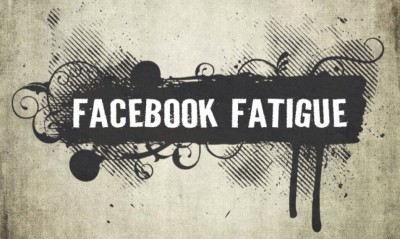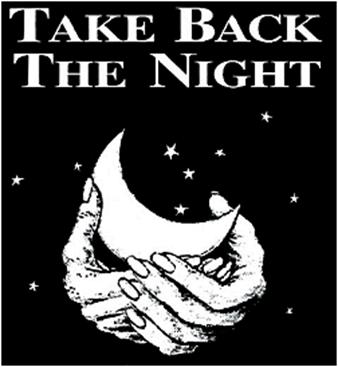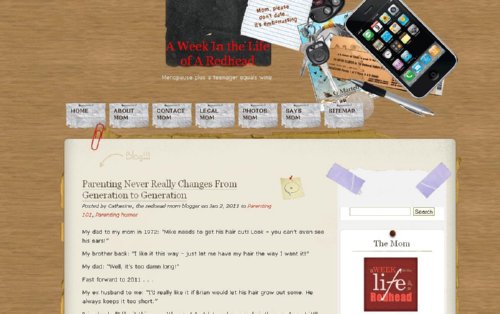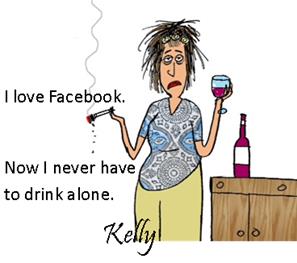Last updated on January 23rd, 2019 at 10:40 am
In my job to help women feel more comfortable in their skin, I’ve heard many recount stories of the things that made them uncomfortable in the first place. These comments become part of their tape and after being played in their heads enough times it becomes “fact”. I put quotations because many of these self-perceptions don’t scratch the surface of who we really are.
Forbes wrote an article The True Costs of Facebook Addiction: Low Self-Esteem and Poor Body Image.
In the past I’ve touched on how comments online can affect us. But something has been stirring that friends and family are also trying to decipher. I’m not even sure we have language for it.
So I’ll try to address Facebook fatigue here.
It takes confidence to go after your dreams. If something is draining that, you’ll have to battle it to pursue your dreams. I asked for feedback on Facebook (oh the irony!) to help me flush these thoughts out.
Kelly VanWeest is bravely honest and put what I’ve been feeling into words. Facebook was meant to make us feel MORE connected, but often we feel less connected:
Sometimes it depresses me. There are days when I wonder how many here really truly give a crud about me or if they are just being nosy.
I have a love/hate relationship with Facebook.
And it’s truly unfair to call Facebook out alone, so this can apply to any from of social media. But to be honest, I really like alliteration and “fighting Facebook fatigue” was going to be the original title.
Facebook addiction is a real thing.
It’s something many people catch themselves with at some time or another. We start out connecting to friends and family and before long we’re watching videos of dogs saying “I love you.” We get up in arms about bullying, social issues, politics. We keep up with news, both the good and the bad. And those little red notifications and dings signal someone is addressing us. At the seemingly harmless end of the spectrum we just waste time. At the other end, we feel poorer about ourselves.
What happens when Facebook affects how you feel about yourself?
What if you don’t even sense it happening? It can start with just a general sense of something being off.
I caught myself only having negative things to say and so abstained from posting for a few days except for the rare positive share.
Normally, I only respond to direct comments. I don’t spend much time scrolling the news feed. I have close friends and family set to signal a notification when they post. But as I posted less, I got less notifications and found myself cruising the news-feed to keep up with everyone.
The Facebook News Feed… oh that black hole of endless EVERYTHING.
Ebola. Anger about ebola. Cops. Anger about cops mistreating people. Anger about people mistreating cops. (Personal note: I know SO many incredible law enforcement officers and former officers that live by an honor code most wouldn’t and that care about people enough to risk their lives for them. I will never be quick to judge a situation.)
Politics. Anger about politics. Murder. Anger about murder. Mommy wars. Stay at home moms angry at working moms. Working moms angry at stay at home moms. Women without children judging those with kids and being judged by others for not having kids.
It goes on and on looping and repeating endlessly.
Jordan Ziemer can feel Facebook fatigue and tries to balance it:
It gets old seeing the negative posts, the constant posts about a person’s perfect family, or posts that go way too far into the political arena. I just remind myself that comparison is the thief of joy and that Facebook is a snapshot of a person’s life, not their entire photo album.
I often feel torn when I don’t post that I’m feeling negative. But I KNOW that negativity, like positivity, is contagious. And if I’m going to try to infect the world with something, at least it can be humor or something uplifting.
MaryLee Tyndall has a realistic view but we can still get pulled into discussions that end up draining us. She says:
Facebook is only a snapshot of someone’s life..the part they want you to see. But that doesn’t make me feel bad or envious. It’s more the stupidity people post and I get sucked in or they can’t have an adult conversation about it… that wears me out.
So what can you do?
Here’s 4 Ways to Deal with Facebook Fatigue:
1. Recognize the power
Just realizing that social media can have an affect on you is important. Just as the friends you choose in real life can lift you up or drain you, the “friends” you have on Facebook can too.
Vanessa Cain (someone I enjoy sifting through the noise to hear what she has to say) agrees:
I wouldn’t call it fatigue I would call it Quits! I have thought about quitting several times but I keep coming back because of the Good ones like you.
And what we engage in can inflate us or deflate us. I can think of many discussions where I felt like I was sharing my point of view (and I was honestly getting REALLY invested) with people who couldn’t care less what I believed. They had their own beliefs. That’s time I really wish I hadn’t wasted on deaf ears.
2. Take a break
I’m not going to admonish you to cut it out. If you can take a Facebook break, please do! Everyone finds it hard at first and then enjoys reconnecting with their Real life. But we usually find ourselves coming back to keep up with friends and family.
Those of us who run businesses can’t leave entirely. Thus my love/hate relationship. I’ve met and gotten to know some truly stellar people. But with a large friends list, it’s hard to sort through the noise sometimes. A sign that it’s time for a break is when you start to get irritated.
Kelli Shafer says,
I get tired of Facebook at times. I feel like everyone/thing annoys me so I need to step back and kind of collect myself again.
3. Manage the noise!
Ping! Someone liked your comment! Ping! You have a message! Ping! Ping! PING! One of the ways Facebook tries to keep you engaged is through notifications. It’s in their business plan. But you don’t HAVE to respond asap. Even checking in can seem harmless until you’ve been watching cat videos for thirty minutes. (Don’t judge. I’m sure you’ve done worse.)
If you don’t want to take a break, you can still turn notifications off and then check in when you want to. You also don’t have to have them email you every time you get a notification. Here’s an article on managing notifications.
Our fearless leader Cath finds Facebook a benefit because she controls her experience:
I don’t use it on a mobile device so maybe I don’t get fatigued. Plus I follow a lot of sites I like so my feed is a rich stream of articles, art, photos, positive news, science, other bloggers, businesses, family and friends. I tend to leave chat off so I am not disturbed and sit down at certain times and read my news-feed like one would read the daily paper.
4. Don’t look to Facebook for a mood boost
If you’re starting to feel depressed, find someone to talk to. If you can’t handle it by talking to a friend, call a doctor. And LIMIT your Facebook time. I’ve battled depression my whole life and it can be a slippery slope. But I’ve never had Facebook boost my mood when I was down.
If you go to Facebook when you’re down, you will likely be pulled further down. Let me say this again because it bears repeating: Facebook does not make us feel better about ourselves.
Talking to FRIENDS makes us feel better. Family makes us feel better. Exercise, doctors and medicine make us feel better.
But Facebook has made judgement and advice commonplace. Usually from a place of concern or care. But you really don’t need other’s judgments and opinions if you’re starting to feel raw.
So this really isn’t a blog about how Facebook is a universal evil. I believe it captures the gamut of human nature and puts us face to face with more people at once than we’d ever see in person. This many people can’t possibly know us well and understand our complexities.
Jamie May says:
It’s not even about what is posted. Just mental overload for me – feeling the need to take in all of this information.
Facebook is like any tool: it’s what you make of it. We just need to check in and acknowledge the power of it. The joys of it. And how to be careful with it. Facebook can be a tool to dream chase and be inspired if you understand the possible drawbacks.
I’ll close with a quote from my hilarious friend and 8 Women Dream sister, Rayne. She and I have this try-to-focus-on-the-good-stuff-thing in common:
I always say to myself – don’t compare your messy, complicated, internal life to everyone’s glossy, perfect, Hallmark Card Facebook lives. And then I post a glossy photo instead of saying my feet hurt.
Iman Woods
[fbcomments]

Iman Woods is an American artist who specializes in pin-up photography. Through a unique and therapeutic process, she’s spent over a decade in perfecting, Iman helps women undo the damage from a negative self-image and unrealistic beauty industry expectations. She helps women embrace their own style of beauty and see themselves in a new light. You can find her on her website, ImanWoods[dot]com.
Note: Articles by Iman may contain affiliate links and may be compensated if you make a purchase after clicking on an affiliate link.





